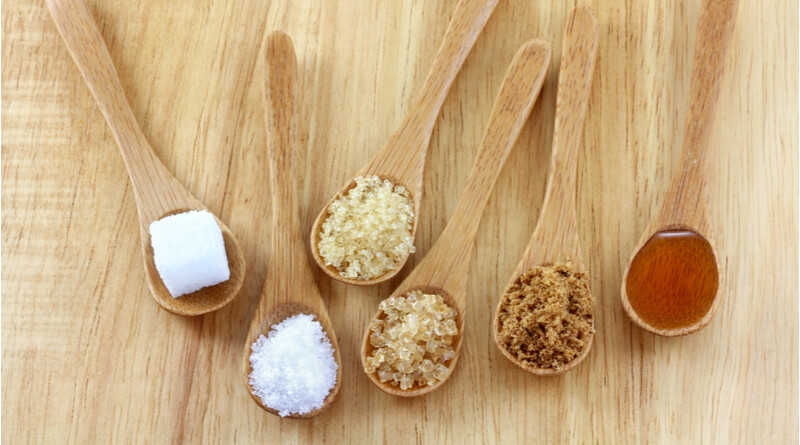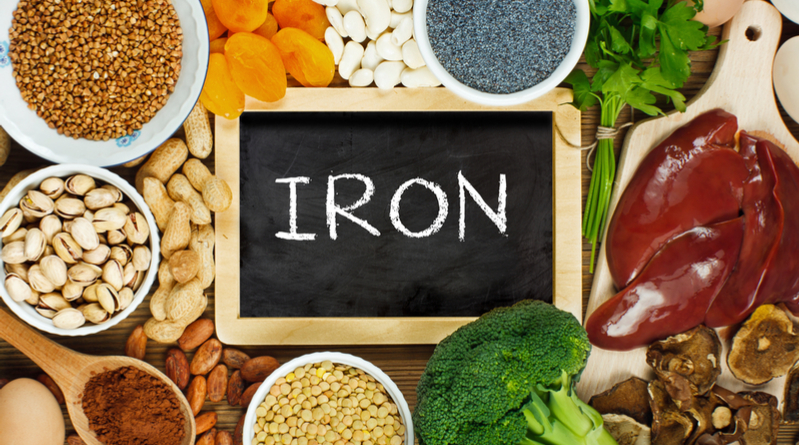Finding the perfect healthy sweetener can be a challenge. Artificial sweeteners used to be the solution until we realized they come with their own series of health problems. Fortunately, there are a few natural sweeteners that don’t causes you extra health problems and are a healthy substitute for normal sugar.
Stevia
Stevia is a wonderful leafy herb that is native to South America. It is the perfect sugar substitute for people with a serious sweet tooth. The stevia extract is about 100-300 times sweeter than processed white sugar, and it can be used in both baking and cooking. Its sweetness level isn’t the only reason why it makes for a good sugar substitute; stevia also has a low glycemic index and a minimum effect on the body’s blood sugar level.
Raw Local Honey
Honey is sweeter than sugar and is one of the oldest sweeteners used by mankind. It also comes in a wide range of flavors and consistencies. And if you eat raw honey, it is actually extremely nutrient dense. Raw honey is filled with vitamins, enzymes, and minerals that have a positive effect on your health. Finally, raw honey has been used to treat common local allergies.
Blackstrap Molasses
Molasses is a nutritious sweetener that is derived from sugar beet or sugar cane. It is made via a clarifying process and blending extracted juices. Blackstrap molasses can be made more nutritious and less sweet by boiling the juice for longer. It is a good source of potassium, iron, magnesium, and calcium.
Real Maple Syrup
Maple syrup is that lovely sweetener we put on pancakes. It is made by boiling down maple tree sap and is a wonderful source of zinc and manganese. Make sure to only buy 100% pure maple syrup and avoid purchasing maple-flavored corn syrup.
Coconut Sugar
Coconut sugar is a good source of or vitamins, iron, and potassium. It has the same amount of carbs and calories as normal sugar, but it has a lower glycemic index which makes it much better for diabetics.








